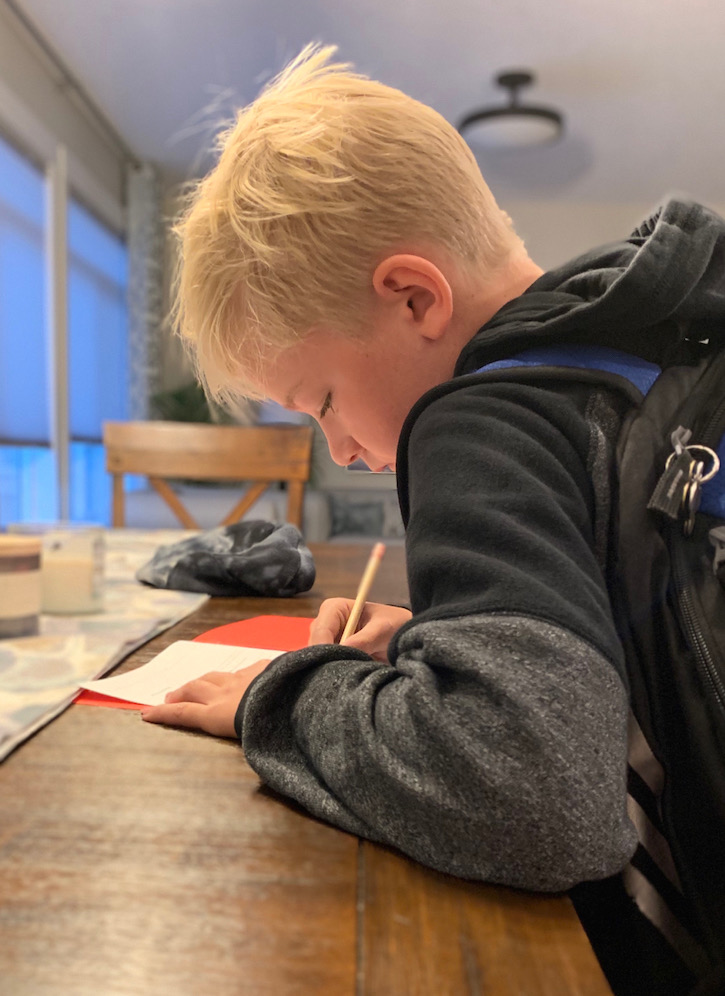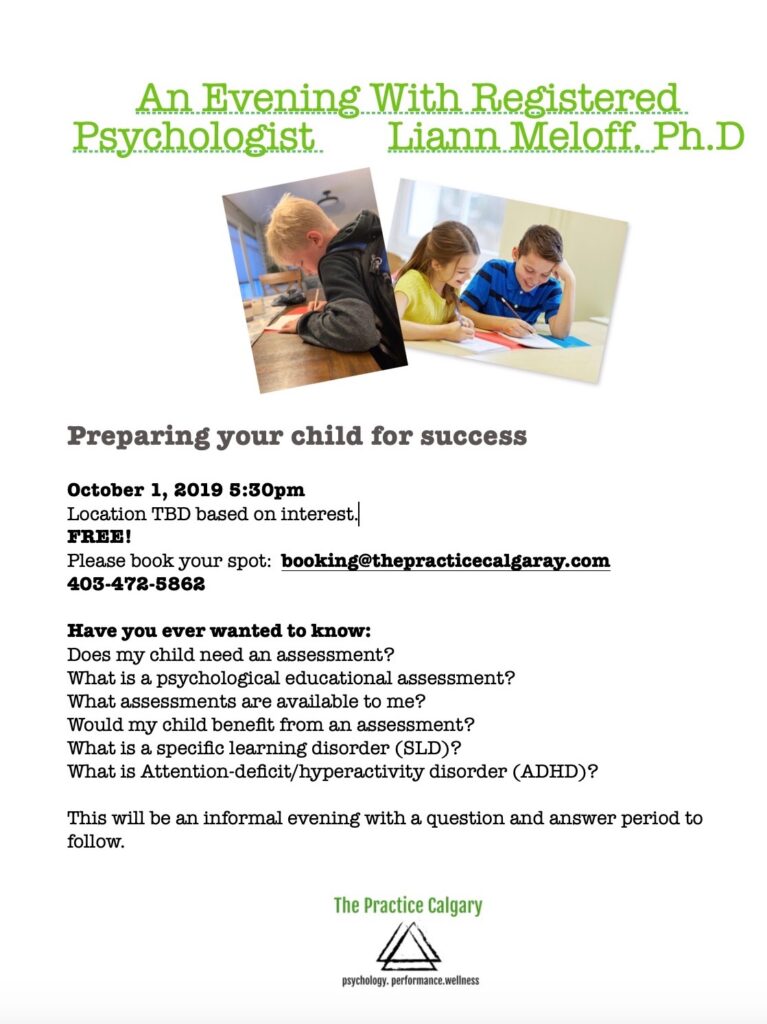“Is my kid just being lazy?”, is one of the most common questions parents ask when their child fails to thrive in the educational system. It is equal parts heart breaking and frustrating. The student swears that they are trying, you see them on their phone. They could do more, couldn’t they? Then we turn our angst on the teachers. Why do they keep calling? Why can’t they teach my child? If they can’t help, how am I supposed to? It is a helpless place to be, and one that often drives a rift between parents and their children.

People want to feel successful, to be successful. When a child underperforms it is rarely true that it isn’t because they don’t care. It is more often because they have given up or can’t succeed. When they give up, it is rooted in frustration, and it is important to get to the source. Common sources include undiagnosed learning differences, attentional challenges, low self-esteem, and / or peer issues. When they ‘can’t learn’ it may be due to a host of issues and again including distractibility, anxiety, and /or unknown learning differences. It is important to understand that learning differences are neurological / cognitive in nature, and require more than effort to overcome.
Psych-ed assessments are important to consider when there are concerns relating to performance, effort, and interest in school. These assessments may or may not lead to a formal diagnosis; however, they will often lead to suggestions or accommodations for the student. While some parents are reticent to allow for accommodations (i.e. not ‘real world’) or fearful of accommodations (i.e.my kids will be ‘different), these are myths of the past and accommodations have emerged as one of the most critical actions that can be taken to help kids succeed.
Dr.Liann Meloff took a few moments to share her thoughts on why accommodations matter:

photo credit: SuperCorporatePeople
“Every child has areas of strength and areas that are weaker when it comes to learning. Many children are able to adapt to the requirements in a classroom and be successful. However, there are also many children who require accommodations to their learning to help them be successful (and reduce frustrations). Accommodations are changes that remove barriers to learning. Accommodations are not changes to what children learn, rather how they learn. For some children it is clear what accommodations they require to support their learning whereas for others it requires more in-depth assessment to determine what the barriers are to their learning, and determining how to remove them. Accommodations are important to help children be successful whether they are gifted, have a learning disorder, are slower processors or have ADHD. Examples of accommodations include providing extra time for children who have slower processing or experience anxiety; using a keyboard for writing assignments to promote increased written expression; and reducing the number of questions on a test to promote quality and success.”

Interested and have more questions? Please join An Evening with Dr.Liann Meloff, October 1, 2019. 5:30 pm. Please call to reserve your spot! Location TBD.
